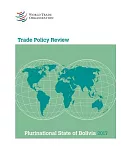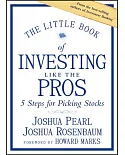Analyzing the emergent role of financial regulators as international actors, Singer (political science, Massachusetts Institute of Technology) focuses on two key questions. He first seeks to
understand why international regulatory standards have emerged in such cases as the 1988 Basel Accord, which established an international capital adequacy rule for the banking industry, yet not
in the case of the securities or insurance industries despite vigorous negotiations in the late 1980s and early 1990s. The second connected issue concerns national variances in regulator
preferences. He argues that preferences for international standardization only emerges when regulatory agencies are faced with the combined situation of domestic instability in the form of firm
collapses and asset market volatility simultaneously with competitive threats from foreign financial sectors. This is because attempts to impose unilateral domestic regulation to check
instability leave domestic firms vulnerable to international competitive threat. Annotation 穢2007 Book News, Inc., Portland, OR (booknews.com)





















